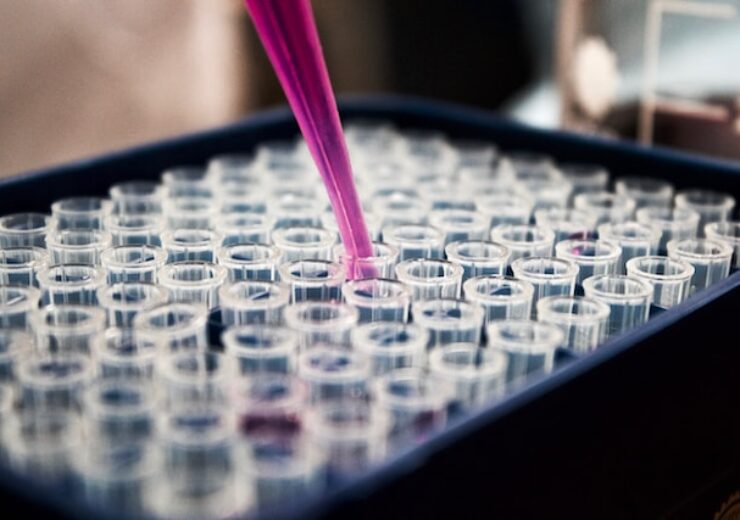The license agreement provides Bayer with exclusive rights to develop and commercialise Cedilla’s CyclinE1/CDK2 inhibitors that are currently in pre-clinical development with potential to serve patients with high unmet need

Bayer will develop and market Cedilla’s complex inhibitors. (Credit: Louis Reed on Unsplash)
German biopharmaceutical company Bayer has signed an exclusive license agreement with Cedilla Therapeutics, a US-based biotechnology company, for its precision oncology candidates.
Under the terms of the agreement, Bayer will obtain all the rights to develop and commercialise Cedilla’s CyclinE1/CDK2 complex inhibitors, currently in pre-clinical development.
Cedilla is eligible to receive an upfront payment and potential development and commercial-based milestone payments, along with royalties based on their sales by Bayer.
According to Bayer, genetic activation of Cyclin Dependent Kinase 2 (CDK2) binding partner cyclin E is an important oncogenic process in several cancers.
Cedilla’s small molecules conditionally modulate the protein complex in its functional state to provide a highly selective inhibition.
The specific method of action allows for precise targeting patient population with high unmet need and can enhance safety and efficacy than standard of care, said Bayer.
Bayer pharmaceuticals division oncology research and early development global head Dominik Ruettinger said: “We are excited to bring these highly innovative preclinical programs in-house that complement our early pipeline in precision oncology.
“We look forward to progressing Cedilla’s programs and continuing to focus on assets that allow better patient selection.
“With our oncology strategy, we are dedicated to accelerating the research and development of novel cancer therapies that have the potential to make a meaningful difference in the lives of patients.”
In a separate development, Bayer and its partner MSD (Merck & Co.) have enrolled the first patient in the Phase 2/3 VALOR clinical trial of their heart failure drug Verquvo in children.
Vericiguat is a soluble guanylate cyclase (sGC)-stimulator the significantly reduces the risk of cardiovascular death or hospitalisation due to heart failure.
It specifically restores the deficient NO-sGC-cGMP pathway, which plays an important role in the progression of heart failure.
The VALOR study evaluates the efficacy, safety, and pharmacokinetics of Verquvo in paediatric patients aged as young as 28 days through 18 years, with heart failure due to left ventricular systolic dysfunction.
VALOR study steering committee chairperson Joseph Rossano said: “Pediatric heart failure remains a devastating diagnosis for children and their families.
“Because vericiguat has a distinct mechanism of action and is well tolerated when used with other treatments in adults, it could be an important treatment option in pediatric heart failure, which is a complex and diverse condition.”
